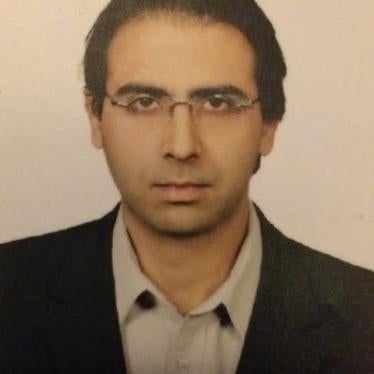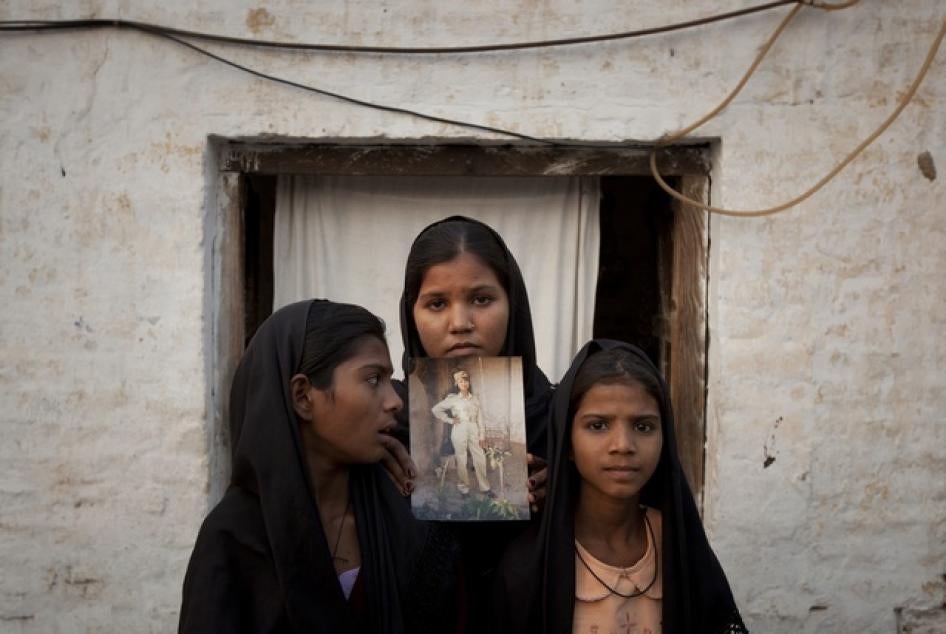Pakistan’s blasphemy laws are getting some long-overdue judicial scrutiny.
Earlier today, the Supreme Court agreed to hear an appeal of the death penalty conviction of Aasia Bibi, the first woman in Pakistan’s history to be sentenced to death for blasphemy.
Bibi fell afoul of the law in June 2009 following an altercation with fellow farm workers who refused to drink water she had touched, contending it was “unclean” because she was Christian. On November 8, 2009, the Sheikhupura District Court convicted her under Pakistan’s blasphemy law, and ruled that there were “no mitigating circumstances.” In January 2010, a security officer assassinated the governor of Punjab province, Salmaan Taseer, for visiting Bibi in prison and denouncing her conviction.
Bibi’s case – and the Supreme Court’s decision to re-examine it – should shine a needed light on the need to reform or abolish Pakistan’s blasphemy laws. Hundreds of people are prosecuted every year for various offenses under these statutes, but section 295-C of the penal code, known as the “blasphemy law,” makes the death penalty effectively mandatory for transgressions that fall within its scope.
Although no executions have yet been carried out, at least 19 people in the country are on death row for blasphemy. The law is largely used against members of religious minorities. The government rarely brings cases against those responsible for physical attacks on those charged with blasphemy, who are often victims of personal disputes.
That Bibi herself is still alive is no small feat. In today’s Pakistan, even an accusation of blasphemy can be an effective death sentence. In November 2014, an angry mob attacked a Christian couple, Shama and Shahzad Masih, in Kot Radha Kishan, Punjab for suspected blasphemy. The couple was savagely beaten and then burned to death in a brick kiln. The next day, a police officer in Gujrat, Punjab decapitated a mentally unstable man who was in custody in the city’s police station for allegedly committing blasphemy. In September 2014, police opened fire on an elderly British-Pakistani man imprisoned on blasphemy charges, wounding him.
The Supreme Court appeal of Bibi’s blasphemy conviction should prod the government of Prime Minister Nawaz Sharif to seek the immediate repeal of the blasphemy law. It should also compel police to arrest and charge the perpetrators of vigilante violence against alleged “blasphemers.” Until that happens, thousands more Pakistanis will suffer under a climate of suspicion and state-sponsored abuse.









